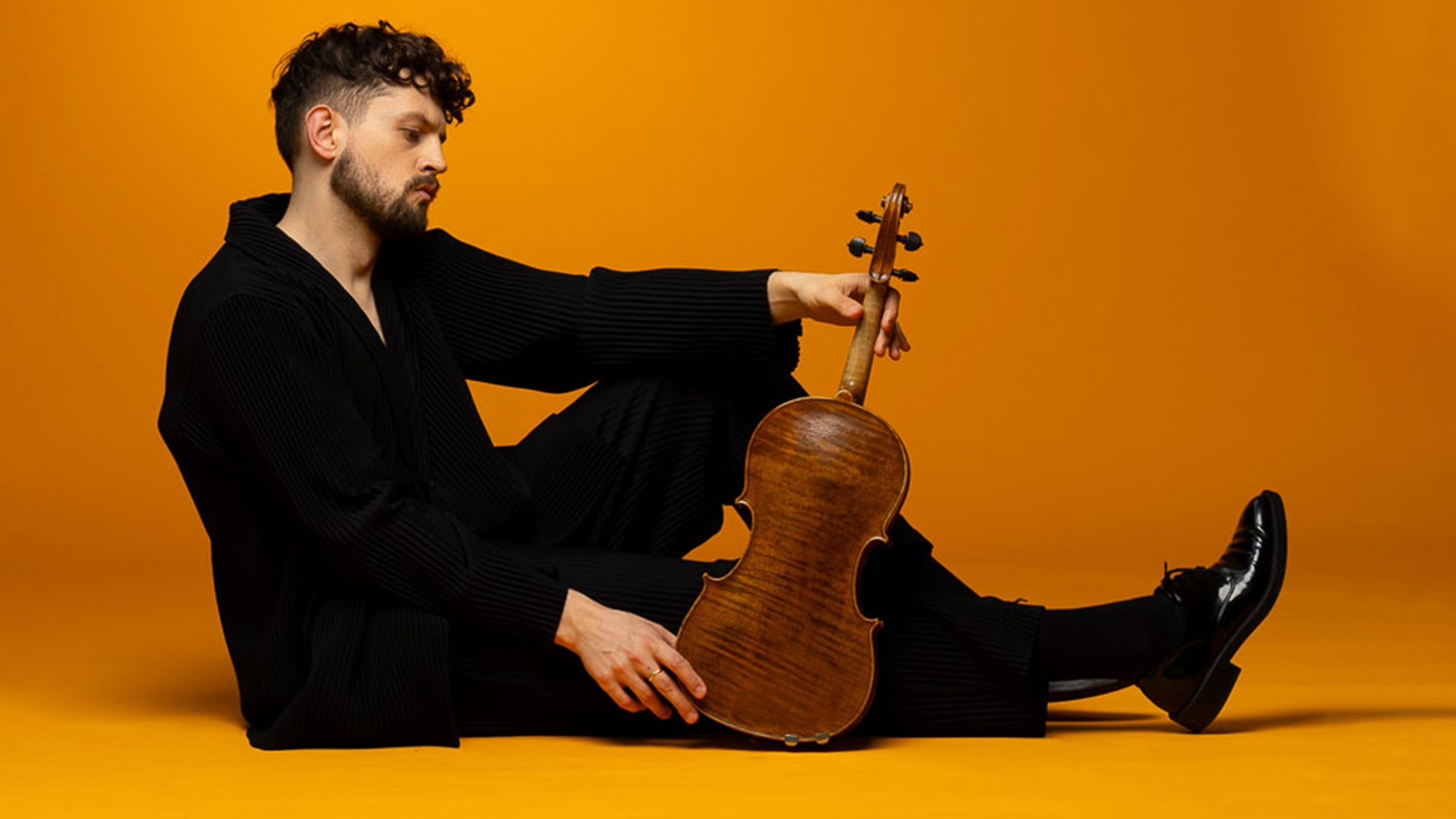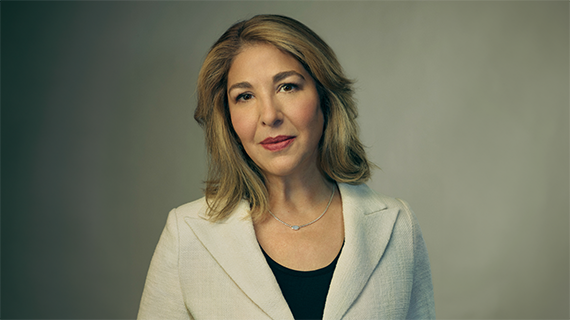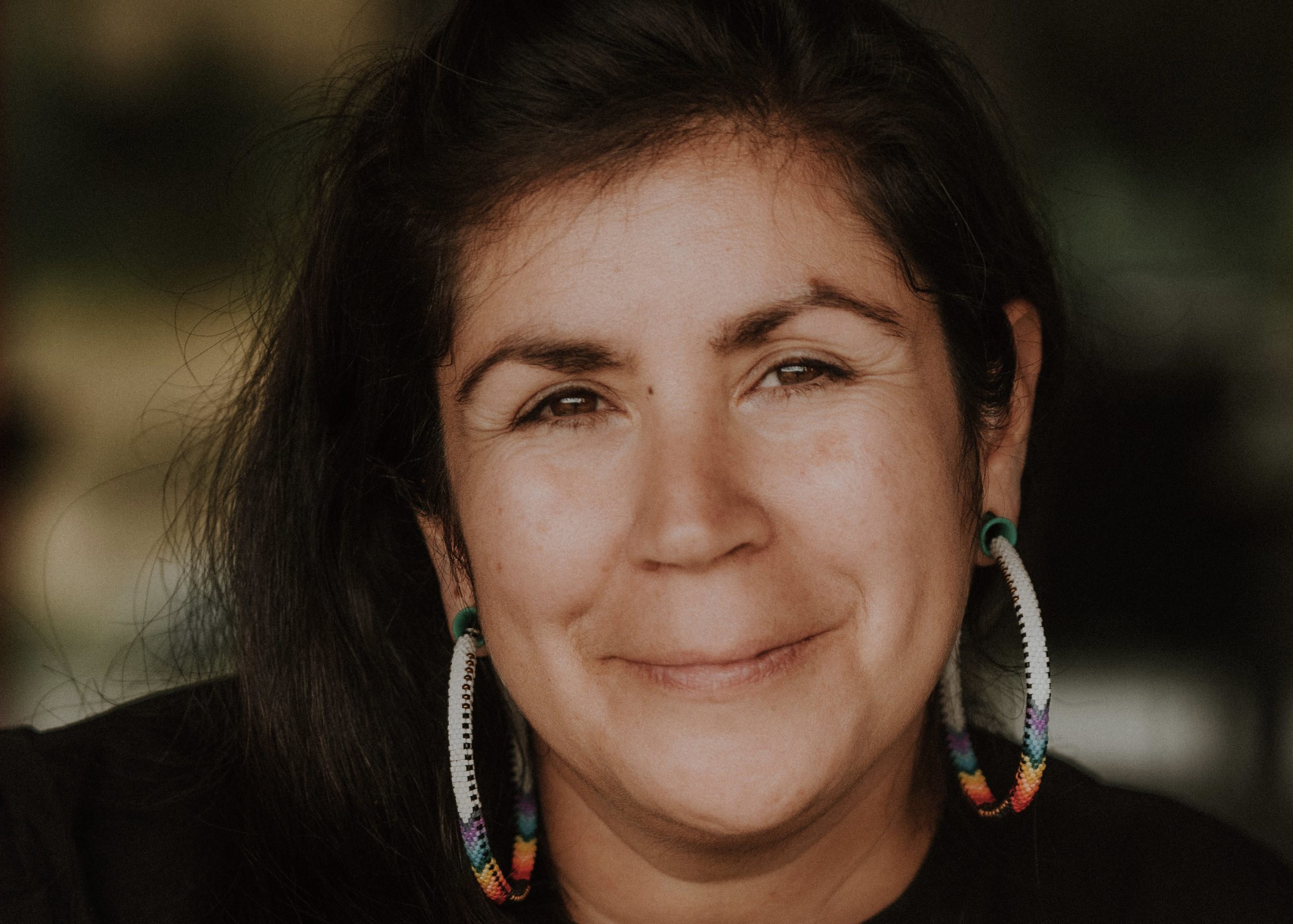By Michelle Keong
The artist’s nickname is “Crabby Tanabe,” and despite his daunting reputation, Alexandra Chu wanted to interview him.
When Takao Tanabe finally called, the 80-year-old Governor General award-winning landscape artist wanted to know exactly what the UBC student knew about visual arts to write an article about it.
Chu, who graduated in May 2006 with a BA in English literature and minor in history, admits she didn’t know much, but she loved the artist’s work and, more importantly, she could write.
Chu considered her profile on Tanabe, which appeared in Ricepaper, the Vancouver-based magazine focusing on Asian Canadian arts and culture, as one of her favourites.
Other profiles she has written include Whistler’s own National Alpine ski racer and Olympic hopeful, Britt Janyk, and illustrator Marcos Chin, the artist behind the “look” of online dating giant, Lavalife.
“Anyone who does reporting, you feel so proud when you have your name out there,” Chu says. “You can google yourself and things come up.”
You could say Chu is building her future one word at time. Literally.
Chu was the recipient of the first-ever UBC Arts Co-op Student of the Year Award, a recognition she received after spending a term writing for FrontCounter BC, a one-stop shop for natural resource businesses wishing to obtain required paperwork.
From the pilot office in Kamloops, BC, Chu assisted in setting up nine other locations throughout the province. She developed content and layout for the agency’s website, created marketing brochures, and produced an online newsletter that caught the eye of an assistant Deputy Minister.
Impressed by the quality and language of Chu’s work, the agency continued publishing the newsletter past its scheduled end date of December 2006.
“She’s a good example of a student who really understood that career development is not something that happens overnight,” says Julie Walchli, founding director of the UBC Arts Co-op Education Program.
“So step-by-step, co-op term by co-op term, and freelance writing assignment by freelance writing assignment, she built a very impressive portfolio and is now graduating with a lot of experience under her belt and a lot of contacts.”
Chu got her big break at the Whistler Museum and Archives, her first co-op work term in 2004. Asked to do an independent research project to contribute to the museum’s records, Chu profiled the movers and shakers of the famed mountain resort community.
“I’d never interviewed, I didn’t know how it would go. I didn’t know if I’d follow the questions I’d set out, or if I’d talk freely,” Chu recalls.


When the article appeared, the curator had written an introduction and a conclusion, but the rest was all Chu’s work. “And so that was my start,” she says.
From her first publication at Whistler to writing articles for the Faculty of Arts’ newsletter and website, to being the visual arts editor at Ricepaper, to helping launch FrontCounter BC, the judging committee was impressed, says Walchli.
“A lot of students in Arts want to be journalists, or professional writers in some way, and often it’s hard for them to know how to get started in that career,” Walchli says. “And Alexandra knew that each of her co-op terms and the things she did outside of co-op were building blocks to that ultimate goal.”
Chu’s spot on the Dean’s List during every term at UBC and her onerous role as the editor of the UBC Arts Co-op student newsletter were a some of the many reasons that set her apart from other award candidates, adds Walchli.
From having career goals of wanting to write for a living to interviewing prominent people, Chu has built a hefty portfolio.
“It’s been really exciting because [Ricepaper] is nationally published, and it’s nice to know that someone in Toronto might be reading your work,” says Chu of her feature articles.
Chu acknowledges she was intimidated by the prospect of interviewing Tanabe, but she was in for a surprise after his unexpected call, which produced a personal invitation to his retrospective exhibition.
“He was just so nice. He was the kindest person,” she recalls. “He talked — he was really candid. I love meeting people like that. And some articles, they just come. You just write them, they’re there.”
By the end of her degree, Chu was the assistant director of marketing and client services at Canadian Education Centre Network, a non-profit company aiming to promote Canada as a study destination for international students.
Not bad for a girl who didn’t know what she wanted to do with her English degree. But after four co-op terms at UBC, Chu thinks of her degree as a valuable learning opportunity, helping her to develop her career.
“It’s been about finding what I could do with my English major,” she says.
“At first, with English literature, it seemed like there was not a lot to do,” recalls Chu. “But I think of my writing skills and my research skills as traits. And a lot of people don’t think of it that way, but I think of them as traits that I’ve developed because people commission me to write articles and pay me.”
Chu considers the network of contacts she has built to be invaluable.
“The people you meet are just as important as the jobs you do because you’ll meet people who will be really supportive, who will be references for you to get a career when you graduate, who will help you find other things you’re interested in,” Chu says.
“Like in Whistler, I was really interested in writing. They let me go with it. They helped me to make it something more than just a book in the museum that people may or may not look at.”
Chu, who spent the other co-op terms writing and researching for the Dean of Arts office, the Richmond Museum, and the Whistler Museum and Archives, credits her UBC degree for providing her with transferable skills.
“One of the things in Arts is thinking outside the box. You may not graduate with something like an accountant where you have a specific job, but you have these skills to do anything,” she adds.
“I have a wealth of experience working with children, working as a writer and reporter, working on websites, working with customers in museums, communicating through all sorts of avenues.”


